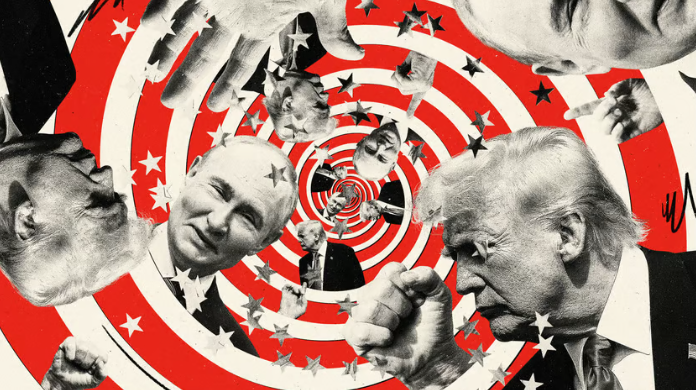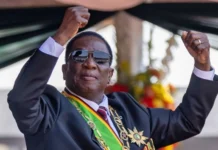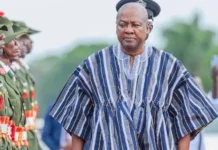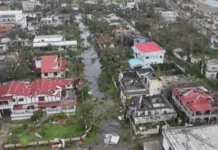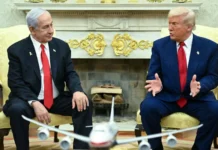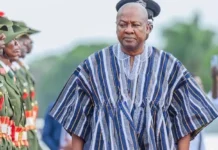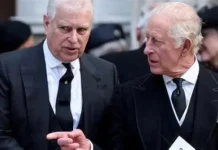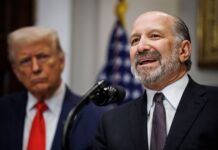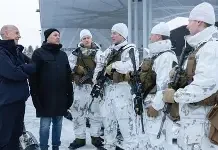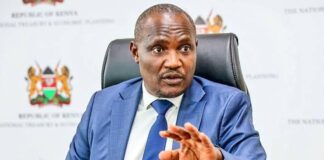By Faith Mwende
Ukrainian and European officials have pushed back against U.S. proposals for ending Russia’s war in Ukraine, offering counterproposals during meetings in Paris and London this month, according to documents obtained by Reuters.
The talks, held on April 17 and April 23, revealed deep differences over key issues, including the status of occupied territories, the timeline for lifting sanctions on Russia, and security guarantees for Ukraine. The diplomatic push comes as U.S. President Donald Trump seeks a swift resolution to the conflict, with U.S. officials warning that Washington could withdraw from its mediation efforts if progress stalls.
The U.S. proposals, presented by envoy Steve Witkoff, called for U.S. legal recognition of Russia’s control over Crimea and de facto acknowledgment of Russian occupation in parts of southern and eastern Ukraine. In contrast, the Ukrainian-European response suggested deferring territorial discussions until after a ceasefire, with no recognition of Russian claims.
Tensions over Crimea surfaced when Trump stated in a Time magazine interview that “Crimea will stay with Russia,” and expressed doubt that Ukraine could ever join NATO — a position strongly opposed by Kyiv.
On security, the U.S. draft mentioned a “robust security guarantee” for Ukraine but excluded NATO membership. The European-Ukrainian proposal went further, suggesting binding defense commitments, including an “Article 5-like” mutual protection pact, and no restrictions on Ukraine’s future military alliances or deployments by its partners.
Regarding sanctions, the U.S. plan proposed lifting sanctions imposed since Russia’s 2014 annexation of Crimea as part of a final agreement. Meanwhile, the Ukrainian-European document advocated a phased easing of sanctions only after a verified, lasting peace, with provisions to reinstate them if Russia violated terms. It also demanded reparations for war damages from frozen Russian assets.
The diplomatic effort marks the most serious push for peace since the early stages of the invasion. Moscow currently controls around 20% of Ukrainian territory.
Despite ongoing talks, concerns are rising among European diplomats that the U.S. is pushing too quickly for a deal, potentially pressuring Ukraine and its allies into an unfavorable settlement. The London meeting sought to consolidate European and Ukrainian positions ahead of further discussions with Washington.
On Friday, Witkoff traveled to Moscow for direct talks with Russian President Vladimir Putin, highlighting the urgency surrounding these negotiations.
Ukrainian President Volodymyr Zelenskiy described the latest discussions as “constructive but challenging,” emphasizing Kyiv’s commitment to a peace that preserves its sovereignty and territorial integrity.









